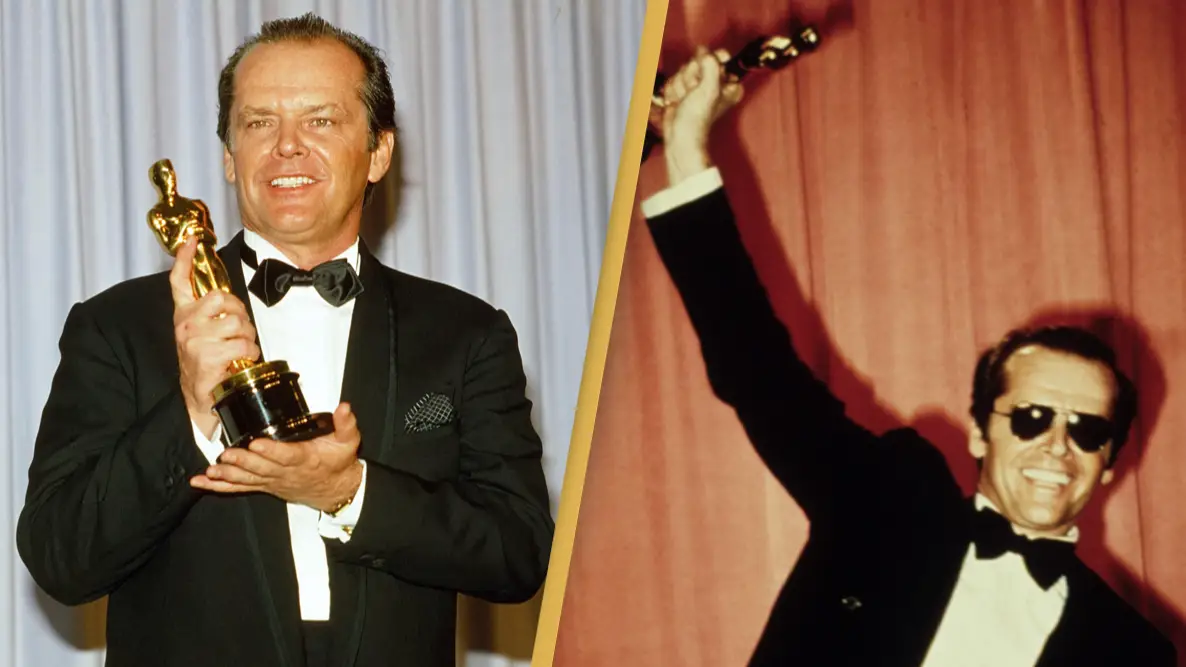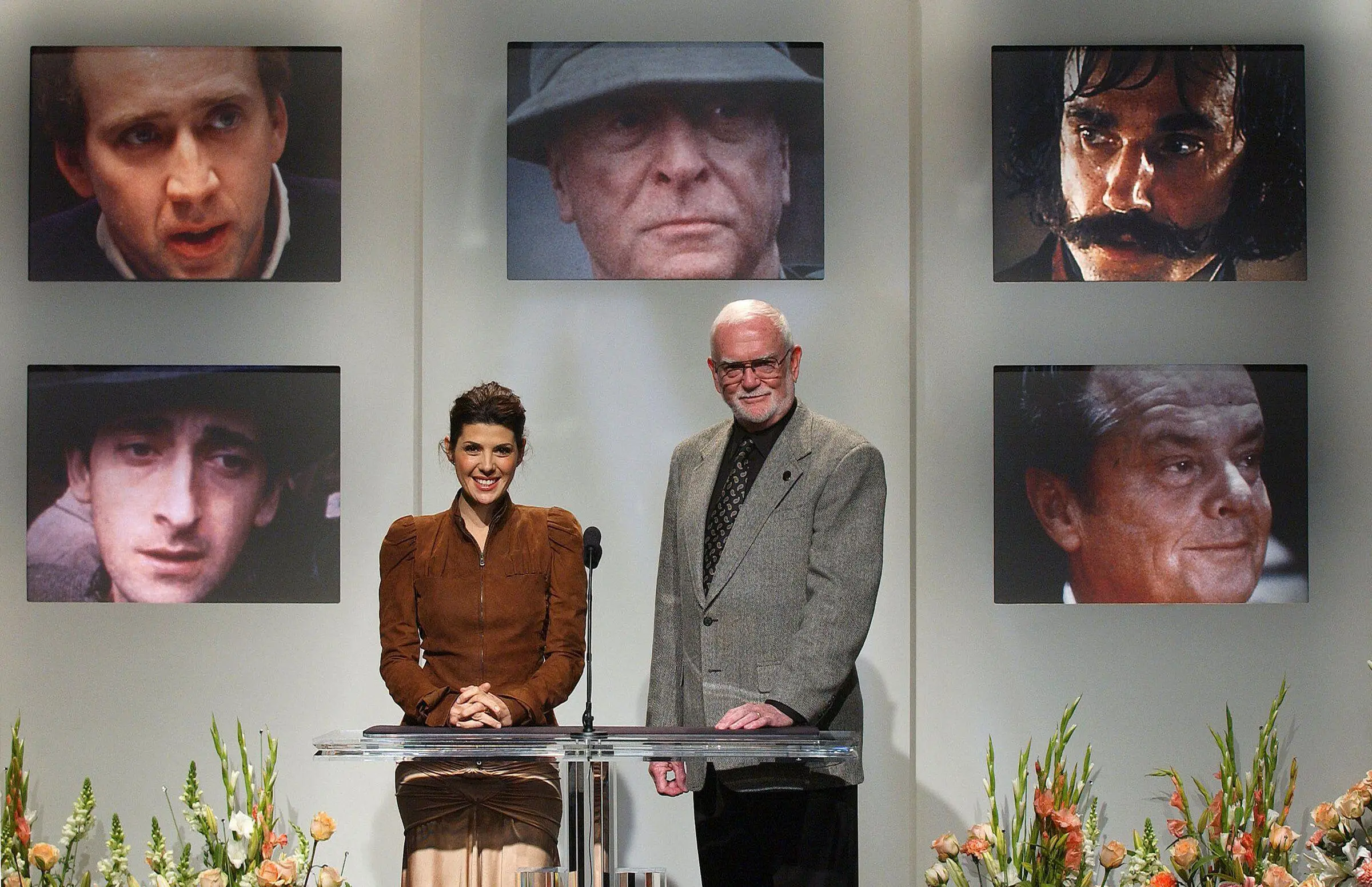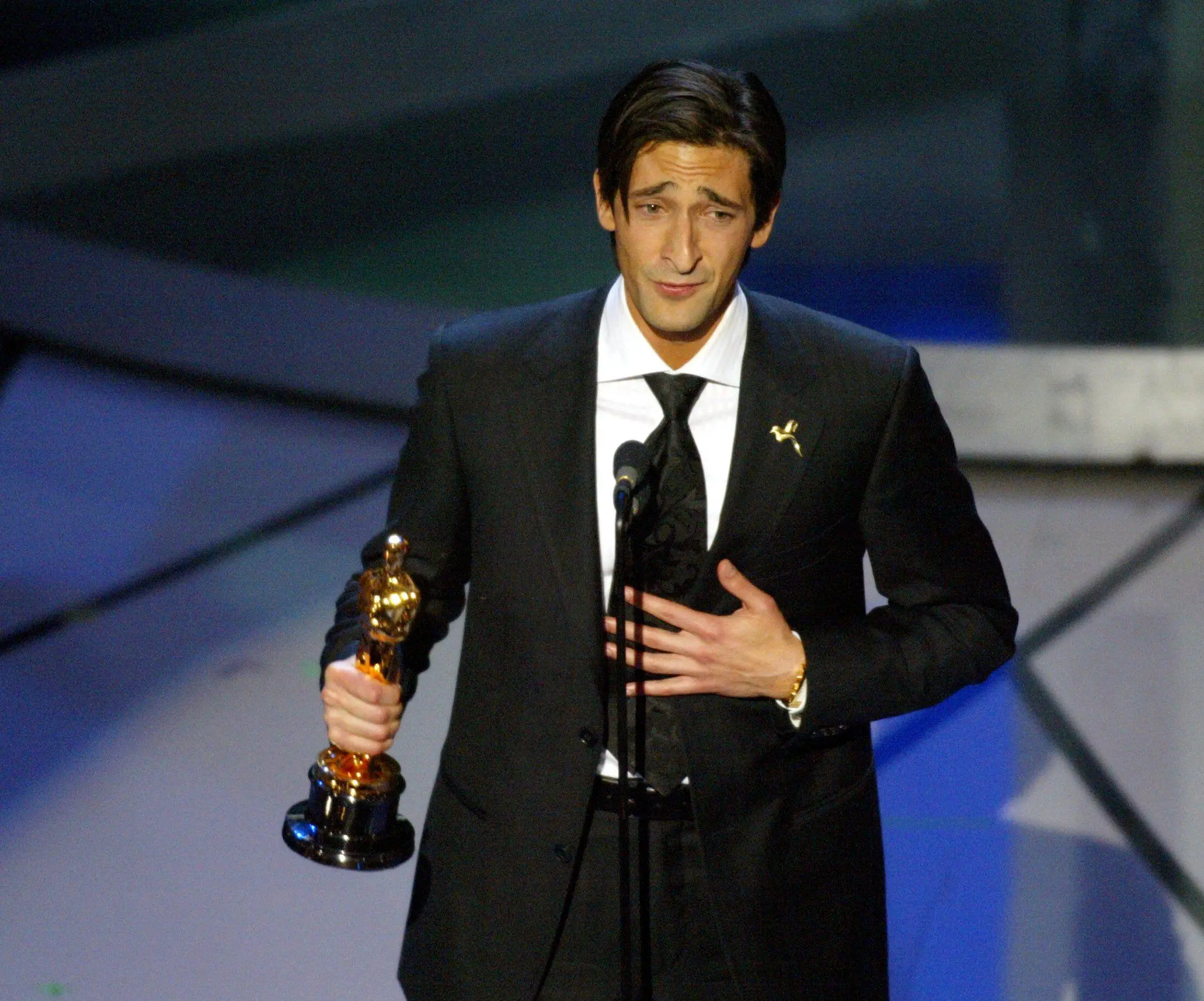
Jack Nicholson attempted to stage a boycott of the 2003 Oscars ceremony in protest against the Iraq war, fellow nominee Adrien Brody has said.
With next week's Academy Awards expected to see multiple references to the ongoing Russian invasion of Ukraine, Brody has been recalling his experience of the 2003 Oscars, which coincided with the US invasion of Iraq.
According to the star, who was nominated for Best Actor for his role in The Pianist, fellow nominee Nicholson invited the Best Actor contenders to his house to discuss a joint response to the Iraq war, with the star of The Shining suggesting that the group should boycott the ceremony.

Advert
Brody and Nicholson were nominated alongside Nicolas Cage, Daniel Day Lewis and Michael Caine, all of whom - except for Brody - were previous Oscar winners.
"I said, 'I don’t know about you guys, but I’m going,'" Brody told The Sunday Times. "I said, ‘I kind of have to show up. My parents are coming. This doesn’t come around too often. I know you guys are all winners. You can sit it out. But I can’t."
As it turned out, the boycott never materialised, and Brody's decision to attend the ceremony paid off, with the then-29-year-old becoming the youngest-ever person to win the Best Actor category.
Brody's acceptance speech is best remembered for his controversial decision to kiss Halle Berry, but he also addressed the Iraq war, telling the audience: "I’m filled with a lot of sadness tonight because I’m accepting an award at such a strange time."
"My experience of making this film made me very aware of the sadness and the dehumanisation of people at the times of war, and the repercussions of war. Whomever you believe in, if it’s God or Allah, may he watch over you, and let us pray for a peaceful and swift resolution."

The Oscars has seen its fair share of political protests during its history, perhaps most famously in 1973, when Marlon Brando boycotted the ceremony and sent Native American activist Sacheen Littlefeather to decline his award for The Godfather.
Since then, a number of winners and presenters have used their moment in the spotlight to make statements about causes important to them, including Susan Sarandon and Tim Robbins, who in 1993 criticised the US government's detention of HIV-positive Haitians in Guantanamo Bay, and Michael Moore who in the same year as Nicholson's failed boycott took to the stage to decry the US invasion, shouting 'Shame on you, Mr. Bush! Shame on you!'
If you have a story you want to tell, send it to UNILAD via [email protected]
Topics: Celebrity, Film and TV, Oscars
